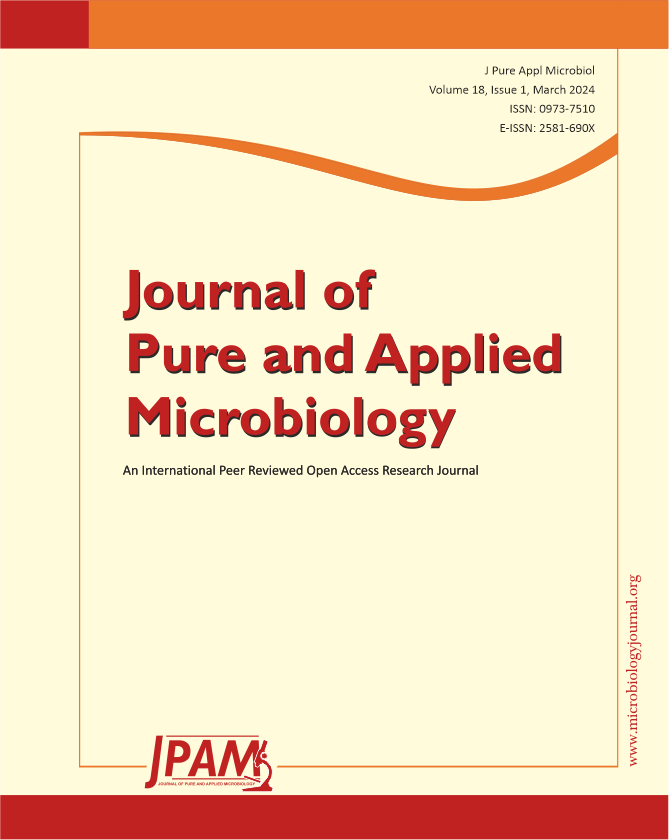Chlamydia trachomatis is one among the sexually transmitted diseases causing genital tract infection frequently associated with complications of infertility. The aim of our study is to detect the presence of C. trachomatis infection (CTI) in female infertility by nested Polymerase Chain Reaction (PCR) in a tertiary care center. A cross-sectional study was done with 230 infertile women attending the OPD of Reproductive Medicine and Surgery. CTI was detected among the study participants by screening for momp and cryptic plasmid gene using nested PCR. Based on the history and clinical presentation, the enrolled patients categorized as primary and secondary infertility. The results of the nested PCR for the primary and secondary infertile women were tabulated and compared for the statistical significance using Epi info version 7 and Chi-square test. A p-value of < 0.05 considered significant. In the study, participants 1 (20%) was primary and 4 (80%) belonged to secondary infertility. Of the 230 infertile women screened 2.2% of them had PCR positive for either momp or cryptic plasmid gene. CTI was seen more (80%) in secondary infertile than in primary infertile women. CTI was seen more in the age group 26-30 years (60%) followed by 21-25 years and 31-35 years (20%). The results of our study showed CTI is associated with infertility and recurrent spontaneous abortion. It’s imperative to screen for CTI by molecular method in young females which necessitates early therapy and prevention of long term complications like infertility.
Sexually Transmitted Pathogens, Nested PCR, Cryptic Plasmid, Recurrent Spontaneous Abortion
© The Author(s) 2024. Open Access. This article is distributed under the terms of the Creative Commons Attribution 4.0 International License which permits unrestricted use, sharing, distribution, and reproduction in any medium, provided you give appropriate credit to the original author(s) and the source, provide a link to the Creative Commons license, and indicate if changes were made.


